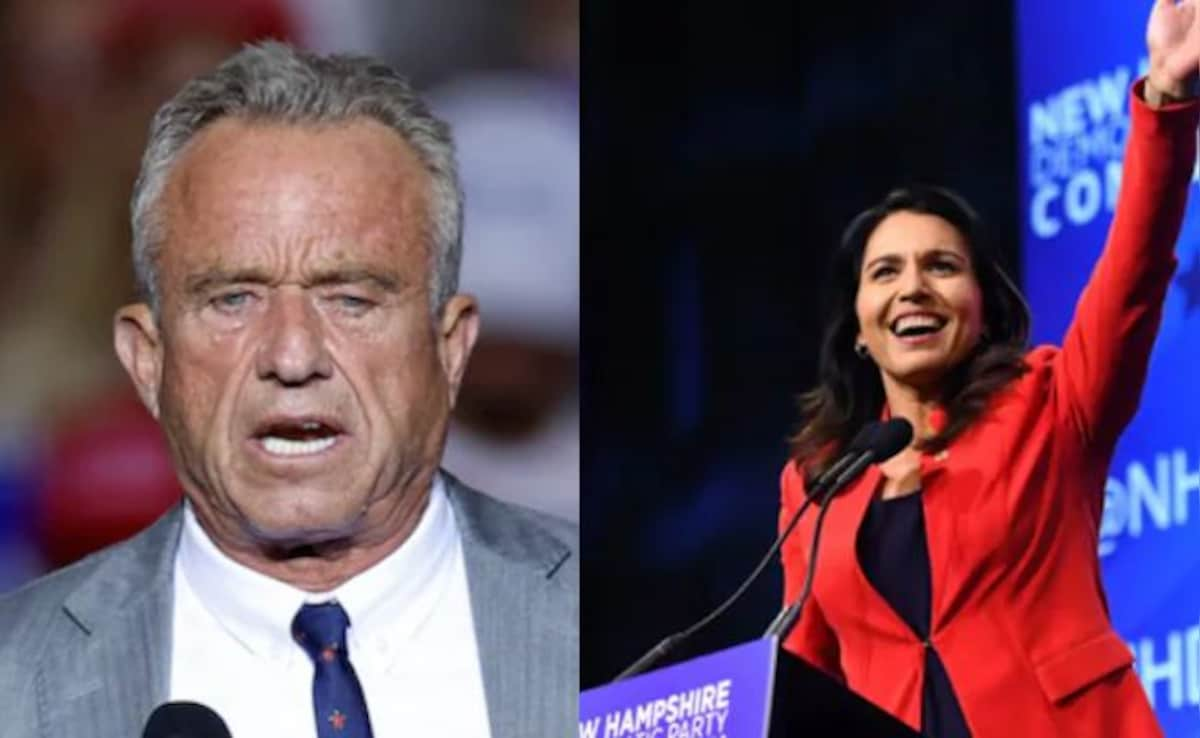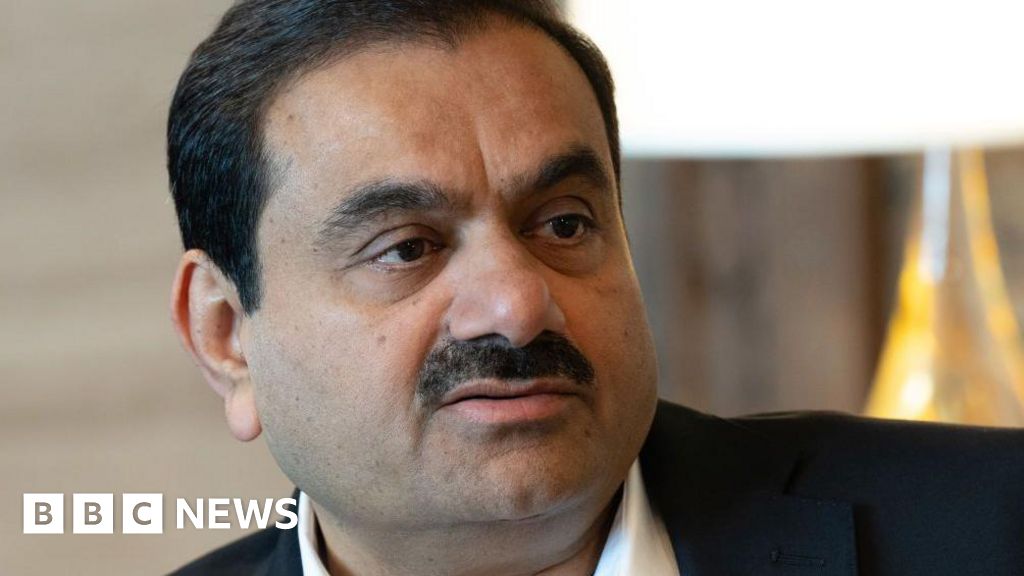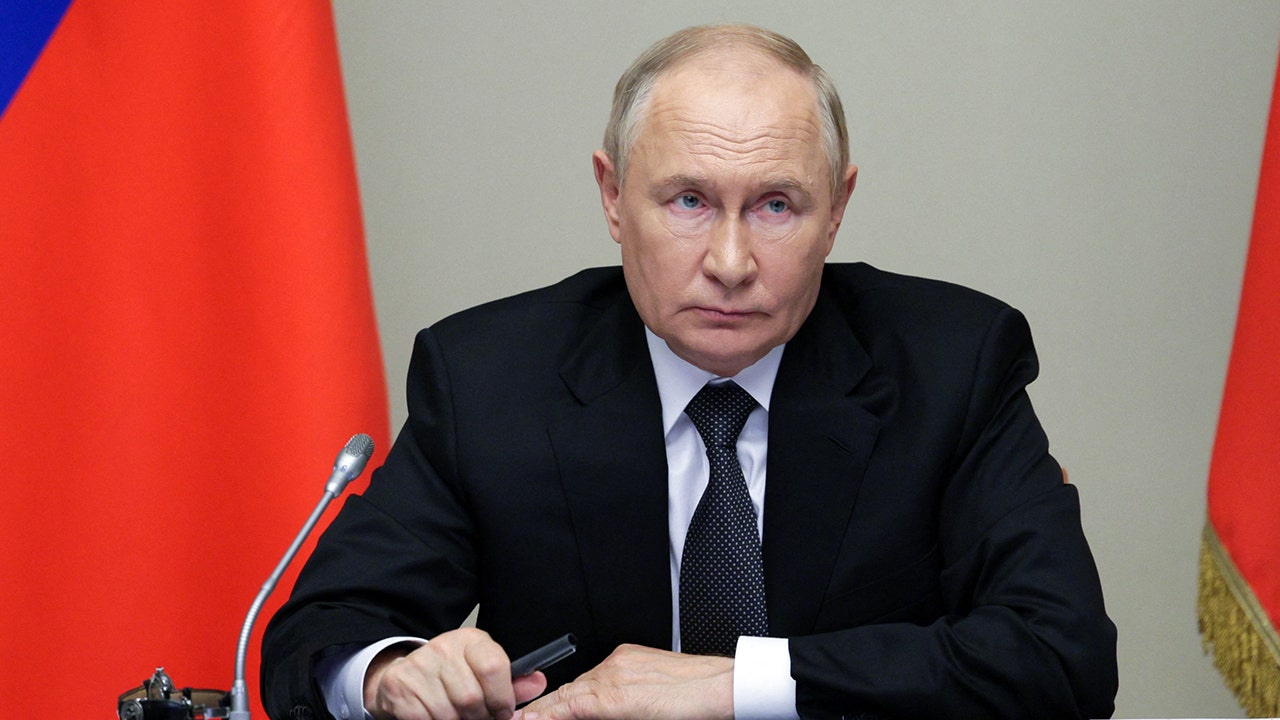World
Leaders praise ‘historic’ victory as Sheinbaum triumphs in Mexican election

Leaders from across the Americas have offered congratulations to Claudia Sheinbaum, whose thumping victory in Mexico’s national election will make her the first woman to hold the presidency in the country’s history.
Officials from countries including Brazil, Chile and the United States have offered praise for the newly minted president-elect, who won Sunday’s election with more than 59 percent of the vote.
Sheinbaum will represent the left-leaning National Regeneration Movement (Morena) party when she takes office on October 1.
“I congratulate Claudia Sheinbaum on her historic election as the first woman President of Mexico,” US President Joe Biden said in a press release on Monday. “I look forward to working closely with President-elect Sheinbaum in the spirit of partnership and friendship that reflects the enduring bonds between our two countries.”
Sheinbaum will succeed current president Andres Manuel Lopez Obrador, known by his initials AMLO, who founded the Morena party. During her campaign, Sheinbaum pledged to move his signature policies forward during her six-year term in office.
Lopez Obrador leaves office in September as one of the most popular world leaders in office today.
His approval rating has consistently remained higher than 60 percent, with the survey agency Morning Consult ranking him behind only two other leaders – India’s Narendra Modi and Argentina’s Javier Milei – in terms of popularity.
His track record in office has included the advancement of progressive priorities such as the expansion of social programmes for the poor. But Lopez Obrador has also helmed controversial initiatives, including expanding the military’s mandate and collaborations with the United States to crack down on northward migration.
Sheinbaum has a close professional relationship with Lopez Obrador, who appointed her as his secretary of the environment when he led Mexico City’s government, starting in 2000.
Support from Latin America’s left
Leaders on the political left across Latin America, with whom Lopez Obrador has pursued strong ties, expressed optimism after Sunday’s vote showed Sheinbaum with a sizeable victory over a conservative-leaning coalition.
“I am very happy with her victory, because she represents my great friend Lopez Obrador who has led an extraordinary government,” Brazil’s President Luiz Inacio Lula da Silva said in remarks on Monday, adding that he hoped economic ties between the two countries would expand further.
The government of Chile’s President Gabriel Boric also released a statement, saying it hopes Sheinbaum’s election will contribute towards a more “inclusive, just, resilient and peaceful region”.
The Morena party’s win with Sheinbaum is a show of strength when the left in Latin America has suffered a series of setbacks in recent years. The party is also poised to hold and possibly expand its legislative majority.
By contrast, in countries like Colombia and Chile, left-leaning presidents have seen their popularity ebb as they struggle to make progress on their key priorities.
Conservative candidates, meanwhile, have bested left-wing candidates in presidential elections in Ecuador and Argentina over the past year.
Obstacles ahead for equality
Sheinbaum’s election in Mexico makes history not only because it marks the selection of the country’s first female leader but also its first president of Jewish heritage.
A scientist and energy engineer, Sheinbaum also participated in a 2007 climate-change report that won the Nobel Peace Prize that same year.
In his message marking Sheinbaum’s victory, Canadian Prime Minister Justin Trudeau gave a nod to what her leadership could mean for women and the environment.
“Working together, we will make life better for our peoples, including by fighting climate change, strengthening international peace and security, promoting gender equality and advancing reconciliation with Indigenous Peoples,” Trudeau said.
Observers have noted that Mexico’s election of a female president is a milestone its northern neighbour, the US, has yet to hit. The US granted women full suffrage in 1920, and Mexico did the same in 1953.
But activists warn that Sheinbaum’s election is not necessarily a turning point for women’s rights in the country. Women suffer from high levels of violence and gender-based discrimination in Mexico, with the United Nations estimating an average of 10 women each day are victims of femicide.
Likewise, on the issue of climate change, Sheinbaum’s critics have expressed scepticism, as she has pledged to continue her predecessor’s support for the state-run oil company, Pemex.








